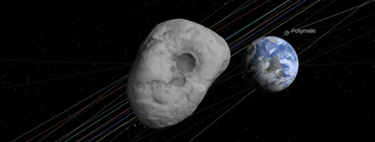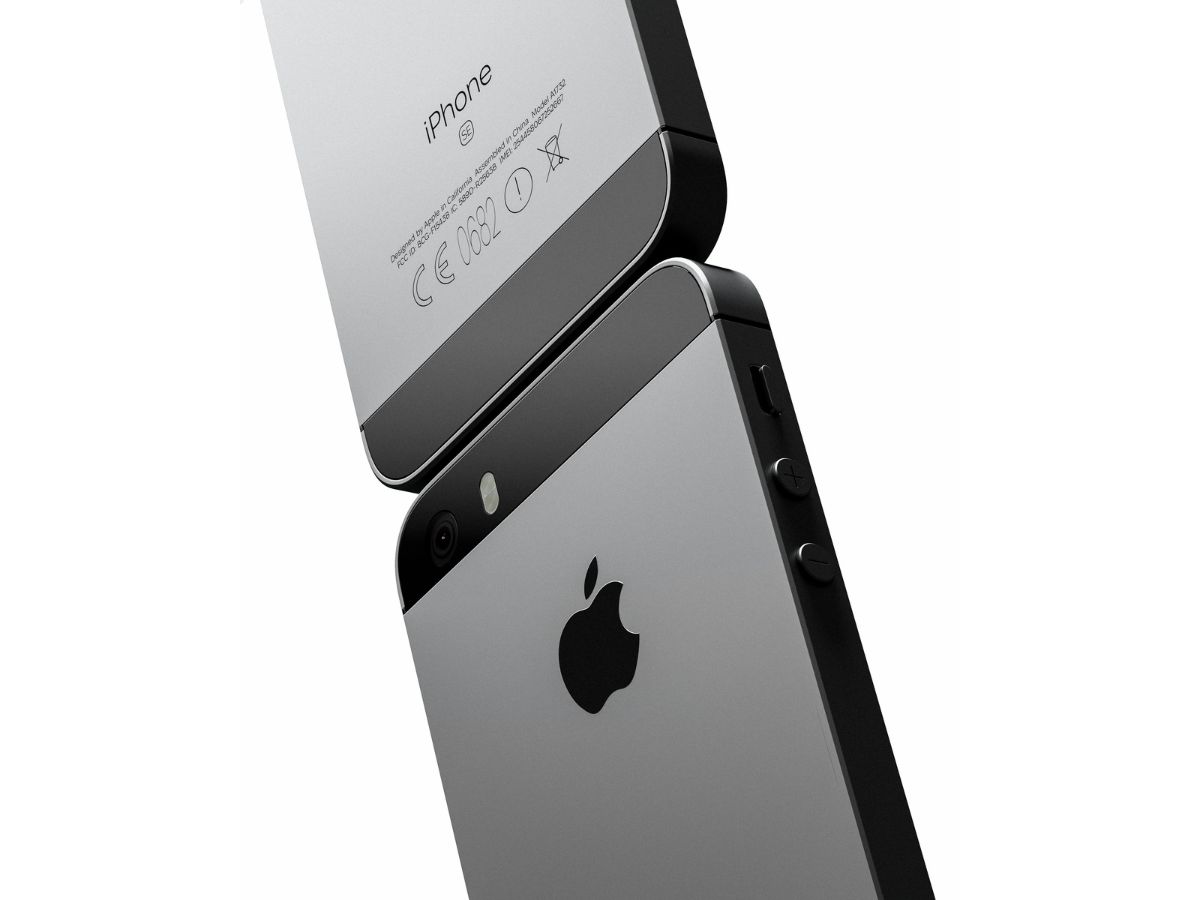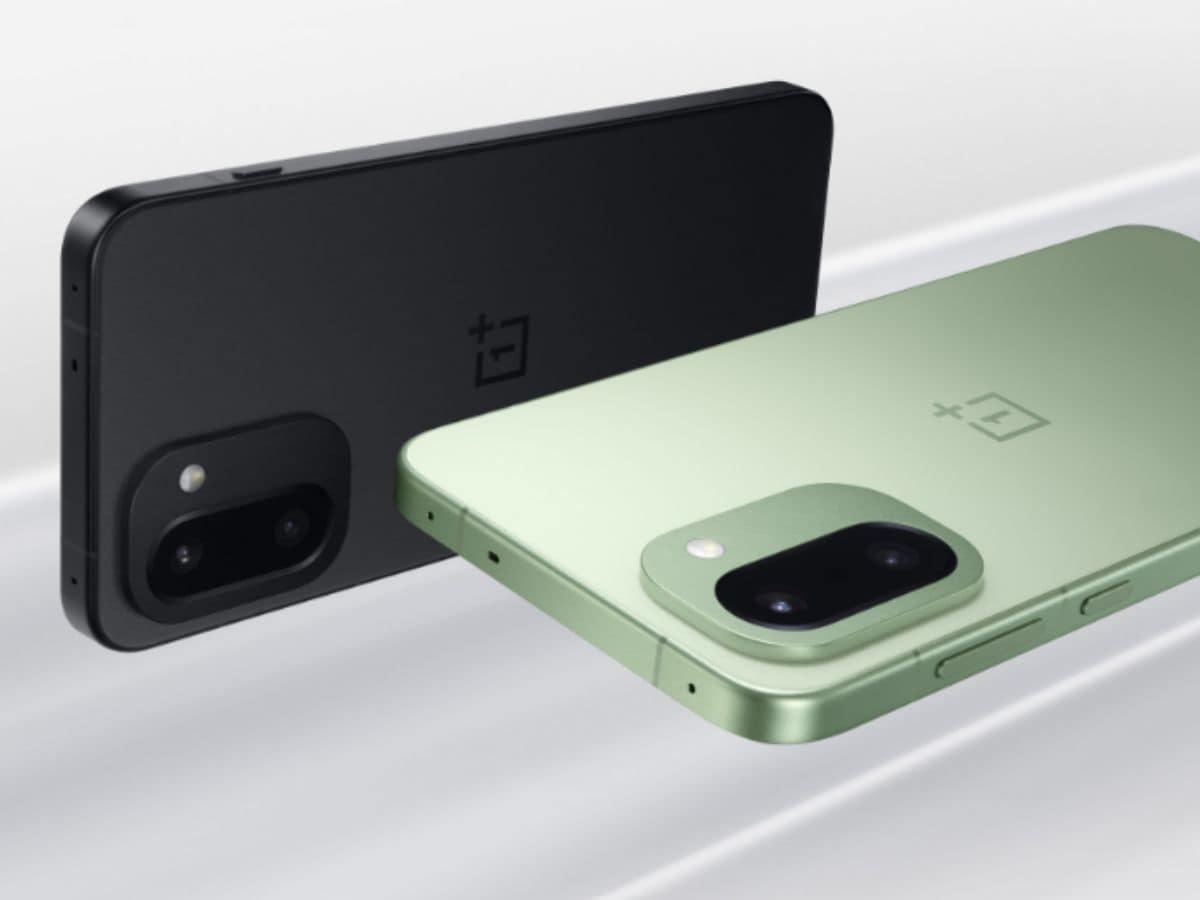A team of scientists, analyzing tiny, invaluable samples from the asteroid Ryugu brought to Earth by the Hayabusa2 mission, has made a discovery that shakes our understanding of water in the early solar system. The discovery, published in the prestigious magazine Naturereveals that liquid water flowed in Ryugu’s progenitor body more than a billion years after its formation. Something that changes our paradigms.
Contradiction. This new discovery contradicts the belief that water activity in asteroids was a phenomenon exclusive to the early history of our solar system. And most importantly, it could force us to recalculate how much water these bodies brought to a young Earth.
Many doubts. The story of how our planet became an aquatic world still has gaps. One of the most widely accepted theories is that carbonaceous asteroids, formed from ice and dust at the edge of the Solar System, acted as a cosmic “water delivery” service for the inner planets. JAXA’s Hayabusa2 mission has provided us with a unique opportunity to study this process by bringing back 5.4 grams of pure material from the asteroid Ryugu.
And this is very important. While meteorites that fall to Earth are altered by contact with the atmosphere and environment, the Ryugu samples are a near-perfect time capsule. This is because a perfect record of water activity is preserved within it, proof that fluids moved through its rocks sooner than could be expected. This is something fundamental that changes the way we think about where the water in asteroids comes from and ends up on our planets.
Isotopic clock. To reach this conclusion, the team turned to isotope-based “radiometric dating”: the radioactive decay of Lutetium-176 into Hafnium-176. Something that can be similar to the ‘Carbon-14’ test that is better known.
In an object as old as Ryugu’s father, the ratio of these elements would be expected to follow a predictable line, known as an isochron, dating back to 4.565 million years ago. But Ryugu’s data did not fit these models. The samples deviated from that ‘reference’ line showing an excess of hafnium (or a deficiency of lutetium).
In order to understand why, it was first ruled out that it was due to accelerated disintegration or the effects of cosmic radiation. This made the conclusion point differently than that, at some point, a liquid ‘washed’ and took away some of the lutetium from the asteroid’s rocks.
The reasons. The event that triggered this late flow of water was, most likely, a violent impact. While the first aqueous activity, which occurred in the first seven million years of the solar system, was driven by heat from the decay of radioactive elements, this second event was different.
Specifically, we are talking about an impact on the body of Ryugu’s ‘father’ that would have generated enough heat to melt the ice that had remained frozen inside for eons, and at the same time, would have created fractures in the rock that emerged as channels for liquid water to flow.

On the Primitive Earth. If asteroids like Ryugu’s father were able to retain not only hydrated minerals but also large amounts of water ice for more than a billion years, their potential to ‘water’ other planets is much greater than expected.
Current models of the formation of terrestrial planets could be underestimating the amount of water contributed by these bodies. According to this study, Ryugu-like planetesimals could have entered two to three times more water into Earth than is commonly estimated. This would have direct implications on our understanding of the origin of the oceans, the atmosphere and in general the conditions that made it possible for us all to be living here.
Imágenes | NASA Hubble Space Telescope Carl Wang
In WorldOfSoftware | The last asteroid loaded with precious metals to graze the Earth escaped us. For the next one we already have a plan











